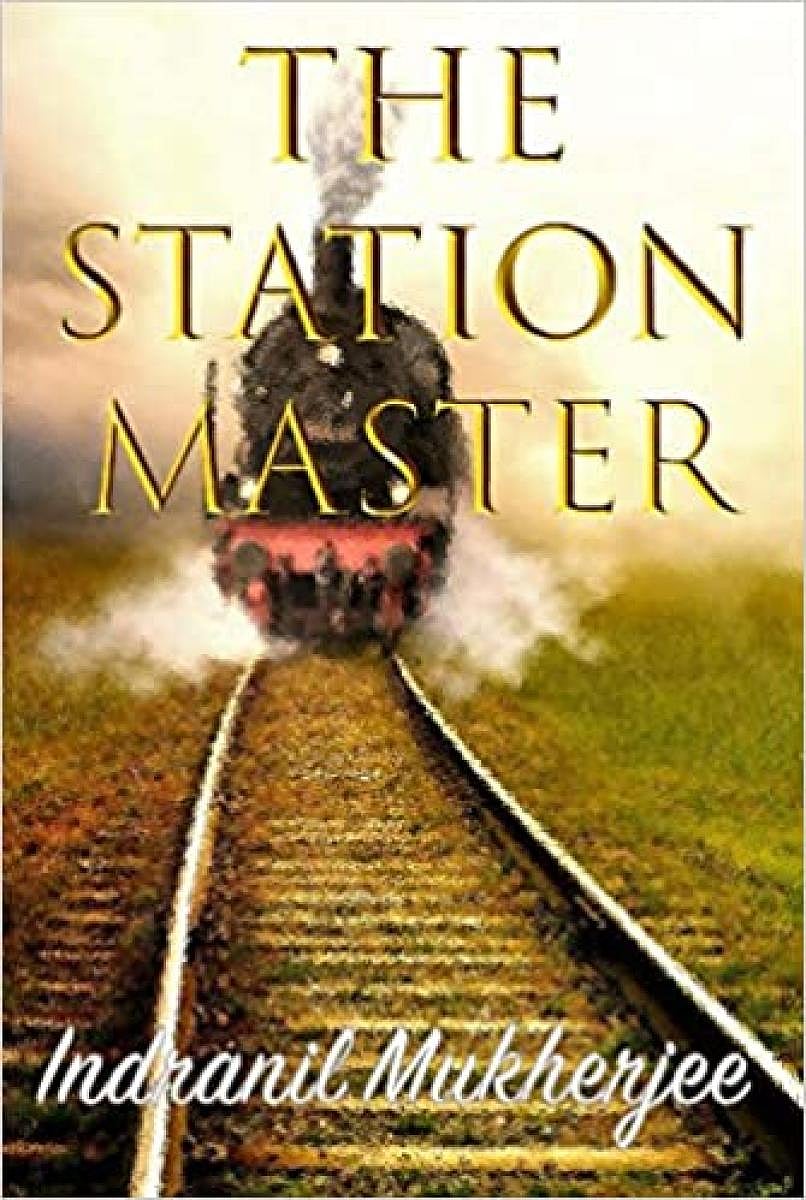
A small-town Indian railway station is the most laidback place in the world, where only the arrival or departure of a train brings a rumble of action.
The station simply waits patiently, for trains to leave, to sink back into its accustomed somnolence, or so one thinks.
Indranil Mukherjee’s The Station Master, however, has another story to tell. The slant that this book of true tales provides, imbues the place with action and high adventure — one that is especially potent as one is hardly looking for these in a sleepy station.
There are smugglers passing through and killers. A mysterious ravishing beauty completes the picture.
Manab Mukherjee, the station master, finds an abandoned baby or forgotten gold biscuits, depending on the day. He is forced to watch silently as a bloody drama of revenge plays itself out or become vocal to garner support on the unjust killing of a fellow station master.
When things get dull, he livens it up by playing a trick on a drunk porter, but it is all in good fun.
These stories weave a tapestry of human nature. There is compassion and amiability, barbarity and indifference jostling each other and a sad laxity towards rules.
A baby is found abandoned in the station precinct and a childless guard spontaneously offers to adopt it before it can become a long and complicated procedure.
It is again goodness that leads an Assistant Station Master to offer a passenger some warmth and food on a cold winter evening in a small remote station, thereby making himself a vulnerable prey. Negligence of rules leads to a massive head-on collision of two trains, a totally avoidable tragedy.
Flanking this goodness is bloodthirstiness, a complete lack of respect for life and a volatile public, which allows unscrupulous politicians to easily whip up feelings.
A man is openly hacked to death in a railway station in an act of revenge, an innocent station master is shot point-blank because of his objection to the presence of liquor shops at the entry to the station. Shoddy workmanship brings a bill hoarding down, smashing an autorickshaw and killing its driver.
Poignantly underlining it all is the hard reality of money, or the lack of it. The family quickly comes to terms with the young man’s death. The only question remaining is how much compensation should be paid and to whom.
An old woman panics when she realises that the train does not stop at her station and quickly jumps, but to her death. A pair of gold earrings is the only thing that marks the end of her life.
Like in a kaleidoscope where the same pieces fall together again and again to make new and different designs, it is Manab Mukherjee’s experiences, his understanding of the human nature and his fine sense in dealing with the unscrupulous, the guilty and the greedy that makes this book entertaining.
One comes away with the feeling that being a station master is not for the weak-hearted.